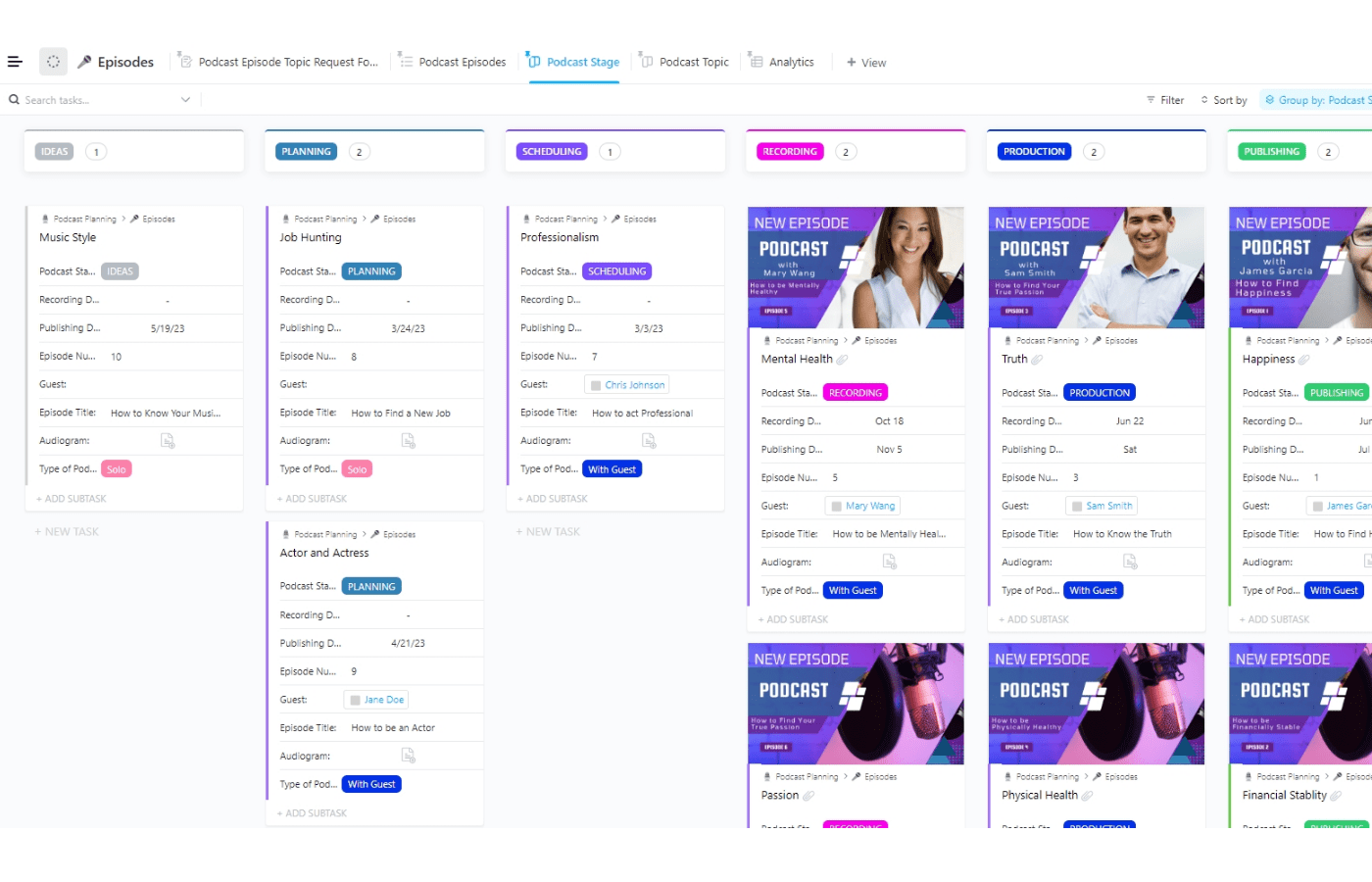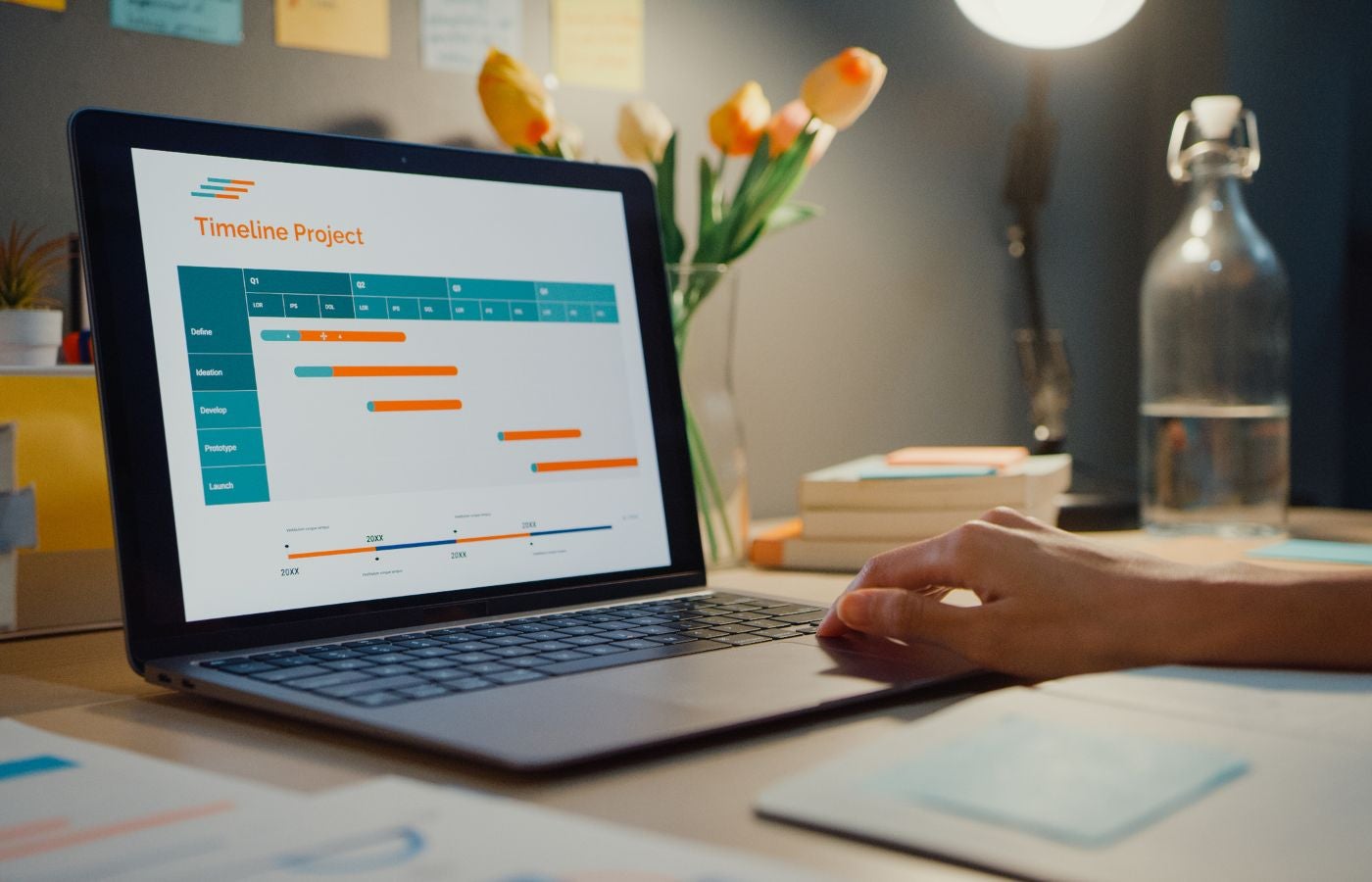What Is Project Security?
Project security is defined as, the invested parties having correct protocols to access the project. It means that everyone involved should have the access to information and data according to their role. The encryption of the data is crucial in project management security and the data should not be available to everyone. Information and physical security both are important in this regard and we will be discussing both below. Several steps you can take will make your project more secure and ensure its success.Educate your users.
The most vital step is educating the team players and those involved even on minimum levels. Everyone should be aware of the importance of the project. Changing our behavior towards how we interact with technology is highly important. A careless click on a phishing link can cost you (or your clients) a data breach along with significant financial damages. Therefore, the project managers must communicate the potential consequences of data theft and security breaches with every team member. This will lessen chances of any compromise on data security.Use the right security tools.
One of the most surefire ways to secure your project management is via VPN. Virtual Private Networks make it easy for you to share data securely across the networks. This crucial security tool enhances project protection, encrypts the data so that no third parties can decipher it, and makes communications for the project managers easier and more convenient. Add a VPN plugin to your browser and surf the internet on the go with bank-level protection. All your project data files, communications, and storage travel through a tunnel, and even your ISP cannot break through it nor decrease your Internet bandwidth. The high-speed internet ensures more work is done in less time.Create a solid backup plan.
Backup is extremely important in high stake projects. Project managers should store copies of data on external hard drives, Flash drives, and or on other devices in case of laptop theft, equipment damage, or any other unforeseen consequences. The copy of the data will help you go on with your strategic planning and will not compromise your deadlines and project itself. But you must also take great care of your external devices where you have stored data. Make it weatherproof and check it from time to time to make sure that the data is up to date and secure. Remember the need for physical security. Physical security of hardware is also important. As a project manager, you must ensure data storage is secured, has an alternate power supply, and has a clear access policy in place. Surveillance systems should be in place to make data secure. You should also engage data security vendors who provide real-time data replication to ensure if there is any power outage your data is safe and not lost. Use geographically dispersed data storage systems to maximize the protection of the data. Your data backup should be done daily, encrypted heavily, and away from the parent facility to ensure less impact of any undesirable consequences.Know your compliance obligations
You should be familiar with the laws and regulations of the country where you are managing the project. Many countries deal with data in different ways, and there may be some factors that may not comply with your organization. An ISO/IEC 27001:2013 certification shows that the vendor is compliant with risk management and has a security framework to deal with information security management. You must also be GDPR compliant if you are working in any European country. These compliance laws help you save your time and resources and assist you in developing your project without any hiccup.Know your privacy requirements.
You must ask your vendor to share with you their compliance regulations, and policies to ensure your project privacy. It is important to know if they can or do access your data and how frequently they do. Get onboard with them and create a plan that ensures that they have less access to your information and ask your permission before making any contact with your data.Don’t forget network protection.
The network protection procedures, such as firewalls, VLANs, router technologies, prevention systems, and aggregated log systems, should be a standing protocol of your project and should not be compromised at any cost. Risk management, patch management, and regular updates help you to run the project smoothly. A timely support system will ensure less damage in case of any attack. Security is the backbone of your project, and you should increasingly emphasize it at every turn. A surefire project security plan will help you achieve your objectives promptly with allocated resources. Otherwise, a security compromise can not only blow up your budget but also cause detrimental damage to your company and workers.About the Author
Alice Gilbert is a security specialist with VeePN. She works with a team that develops and implements security measures to protect computer networks and systems. She enjoys talking about everything to do with cybersecurity and data privacy. Gilbert also frequently participates in technical forums, seminars, and general publications about the project management sector.





